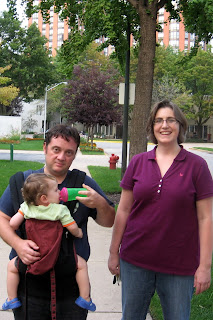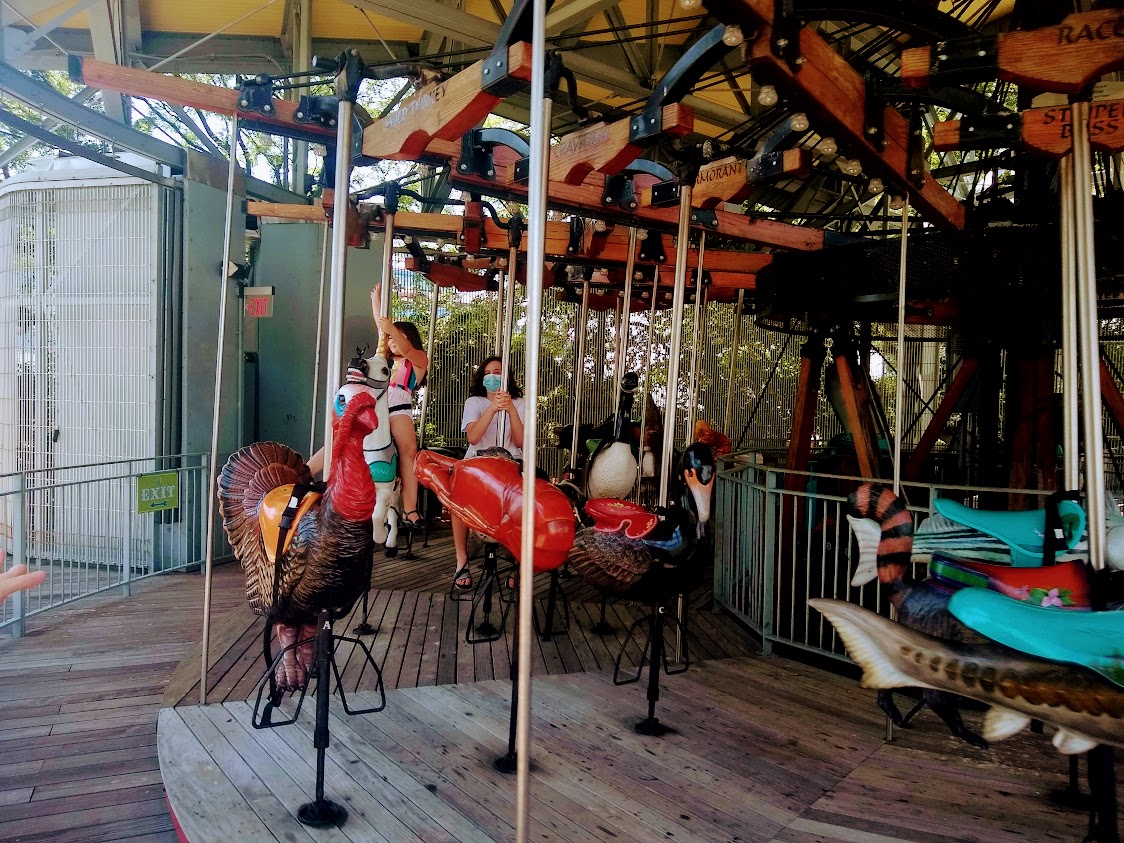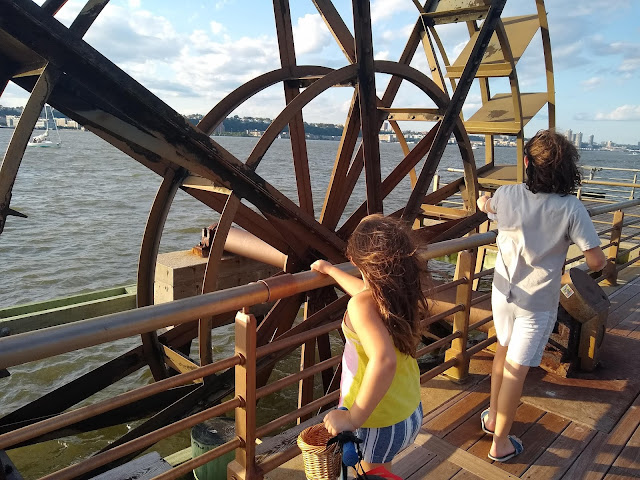Conditions suitable to protoplasm
"...if you accept the ordinary laws of science, you have to suppose that human life and life in general on this planet will die out in due course: it is a stage in the decay of the solar system; at a certain stage of decay you get the sort of conditions of temperature and so forth which are suitable to protoplasm, and there is life for a short time in the life of the whole solar system. You see in the moon the sort of thing to which the earth is tending -- something dead, cold, and lifeless." Bertrand Russell
I think I should start posting everyday. At least something everyday, though I don't want this to turn into one of those "wordless wednesday" blogs. The problem is I am always playing catch-up, I always have these old entries floating around on scraps of paper and in my head, these updates, like the one I posted last night, that are a month old, these pieces I feel I need to fill in before I can get on to what I really need to say. But maybe I can just toss those aside, or if I want to be symbolic--rip them up, or maybe burn them just for the spectacle. There is a reason they haven't been posted yet. Maybe they are not present enough, real enough, honest enough, or maybe too much so, and if that's the case, I don't want to give into avoidance patterns. But I really don't know. I just realized like a week ago that maybe I'm just classic ADD and can't string a coherent thought together or manage to keep multiple drafts of stories in any kind of order so it's clear which is the latest one. I resist because I keep thinking -- that's not where I'm at anymore, I don't believe that right now, that's really not obsessing me but if I wrote about it people would think that it was. But at the same time there's some kind of narrative arc I want to follow, and those pieces floating away are part of it. I never knew until the other night reading Bertrand Russell that it's as the solar system is dying that conditions become hospitable to life. So when we appeared, and when I say "we" I mean we in a very broad sense, organisms that breathe, let's say, things were already on their way down. But wait, a quarter-of-a-billion years ago almost all life on earth, save maybe 5%, died out. And then the dinosaurs came along. And then they died out. Then we came along. The dinosaurs roamed the earth for about 160 million years, and we've been here, even at a great outside estimates, only about 200,000 (which still begs the question, why did God wait so freakin' long to send Jesus down here)? But given these numbers, which are not under debate, maybe this is all unnecessarily catastrophic thinking indicative of a colossal narcissistic personality disorder.



You know the more I think about it, the more this is really starting to piss me off. Talk about narcissistic personality disorder. What did B.C. humans--those who lived and died in the 198,000 years before that famous winter night when the Inn had a No Vacancy sign (at least 4 years after the year 0, say religious scholars) say to God in their prayers? Throw us a lifeline man, give us a break, throw us a bone, please. Come on, everyone after us gets a totally free pass. Or maybe they all shot straight up to everlasting life after death as well. Which brings me to a brilliant anecdote Annie Dillard included in Pilgrim on Tinker Creek where an Eskimo questions a missionary about his mission.
ReplyDeleteEskimo: If I did not know about God and sin, would I go to hell?
Priest: No, not if you did not know.
Eskimo: Then why did you tell me?"
Read a few things in May Sarton Journal of a Solitude I wanted to pass along on the idea of writing or not. (The book is not as amazing a book as all my re-reading of it makes it out to be, but it's just I think my desire to be more solitary and productive like she was, so I am always referencing it.)
ReplyDeleteShe is answering a letter about the struggle between having a family and wanting to write. She has chosen to live mostly alone. "Mine is not, I feel sure, the best human solution. Nor have I ever thought it was. In my case it has perhaps made possible the creation of some works of art, but certainly it has done so at a high price in emotional maturity and in happiness. What I have is space around me and time around me. How they can be achieved in a marriage is a real question. It is not an easy one to answer.
It is harder still because everything has become speeded up and overcrowded. So everything that slows us down and forces patience, everything that sets us back into the slow cycles of nature, is a help. Gardening is an instrument of grace."
Wordless Wednesday is okay. Just not Wordless everyday. (Silence okay - pictures all the time would be annoying.)
ReplyDelete